 In English grammar, a reflexive pronoun indicates that the person who is realizing the action of the verb is also the recipient of the action. While this might seem strange at first, the following examples of reflexive pronouns and the accompanying list of reflexive pronouns will help you gain thorough understanding. You will probably notice that you yourself use reflexive pronouns frequently when speaking or writing.
In English grammar, a reflexive pronoun indicates that the person who is realizing the action of the verb is also the recipient of the action. While this might seem strange at first, the following examples of reflexive pronouns and the accompanying list of reflexive pronouns will help you gain thorough understanding. You will probably notice that you yourself use reflexive pronouns frequently when speaking or writing.
Examples of Reflexive Pronouns
- I was in a hurry, so I washed the car myself.
- You’re going to have to drive yourself to school today.
- He wanted to impress her, so he baked a cake himself.
- Jennifer does chores herself because she doesn’t trust others to do them right.
- That car is in a class all by itself.
- We don’t have to go out; we can fix dinner ourselves.
- You are too young to go out by yourselves.
- The actors saved the local theatre money by making costumes themselves.
Reflexive Pronoun Exercises
The following exercises will help you gain greater understanding about how reflexive pronouns work. Choose the best answer to complete each sentence. Continue reading



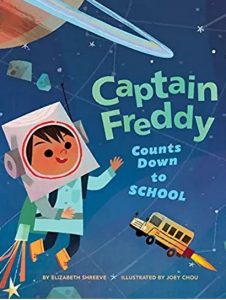
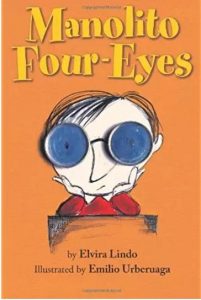


 It’s fresh strawberry season now in Massachusetts. Going strawberry picking is a different, fun, and delicious family activity. Here are some places to pick strawberries in MetroWest:
It’s fresh strawberry season now in Massachusetts. Going strawberry picking is a different, fun, and delicious family activity. Here are some places to pick strawberries in MetroWest:
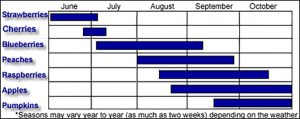
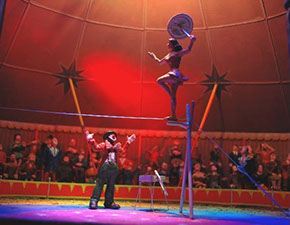
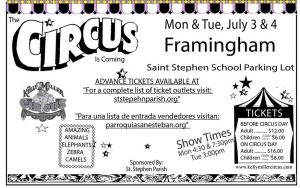

 In many countries, including the United States, the tooth fairy is popular –
In many countries, including the United States, the tooth fairy is popular – somewhat similar to the Easter bunny or Santa Claus. According to the custom, if a young child loses one of their
somewhat similar to the Easter bunny or Santa Claus. According to the custom, if a young child loses one of their